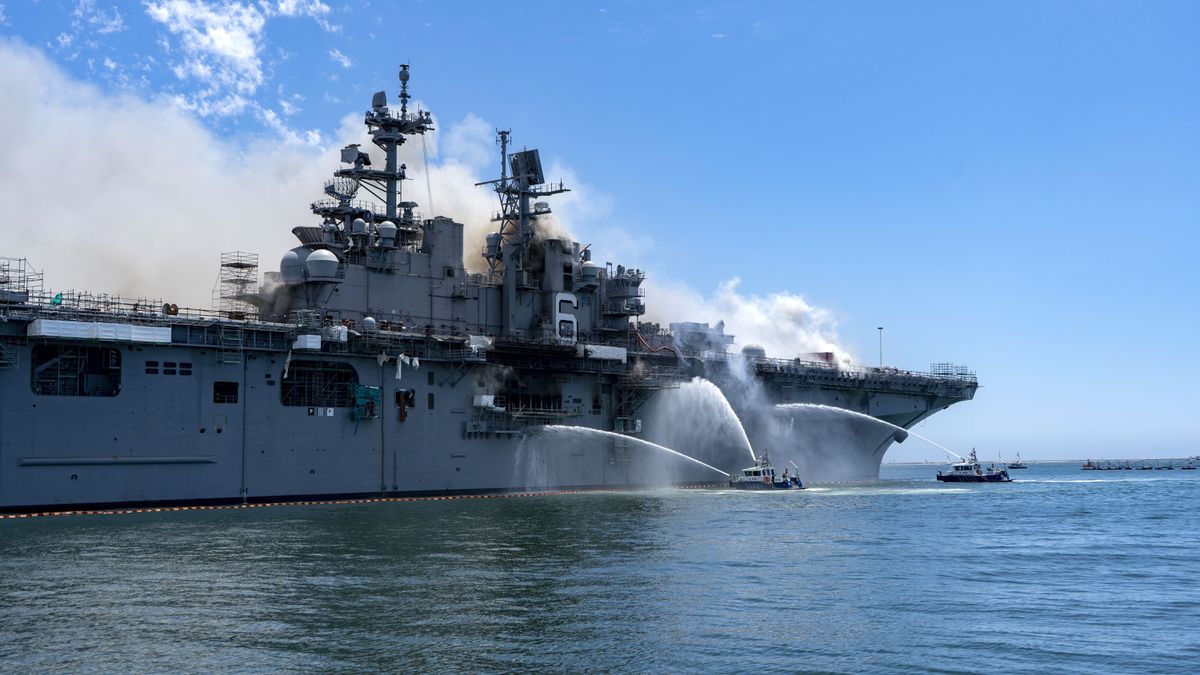Since October is Fire Safety Month it is only necessary to talk about Fire Safety in the maritime industry. Shipyard fires are an unfortunate but not unexpected part of major maintenance availabilities or overhauls. Ship experts all around the world all agree that ship maintenance is the biggest cause of vessel fires. The “hot work” which includes welding, grinding, and cutting of steel is the majority of the work being done on the ships which leads to more free flying sparks.
There are also many combustible materials on vessels and in shipyards, including flammable fuels, cargo, wood structures, building materials, and litter. When torches are used in confined or enclosed spaces, accidents resulting in oxygen-enriched atmospheres can cause normally fire-resistant materials to readily burn. When fires do occur, employees are often working in confined or enclosed spaces making escape difficult or impossible. Fires in such confined or enclosed spaces can also result in atmospheres of combustible gases, toxic fumes, or oxygen-deficient air or super-heated air.
That’s why it is so crucial for vessels to have Fire Preventers aboard the ships. Fire Preventing or Fire Watching is a very tedious and some may say “boring” job because they have to sit or stand for hours just in case of potential hazard that may or may not occur.
View these Recommendations provided by OSHA:
- Ensure that any cold work being conducted in adjacent spaces is compatible with hot work being performed.
- Thoroughly inspect adjacent spaces and protective covers before conducting hot work.
- Clearly identify space boundaries where hot work is to be conducted
- Maintain good housekeeping practices (removal of rags and trash) and train on combustible materials such as wiring and insulation adjacent to hot work.
- Remove combustible or flammable coatings or preservers (bulkhead coatings, floor coatings).
- Remove combustive materials (rubber, shrink wrap, foam insulation, wiring, deck covering, wallboard) or ensure that they are covered with shielding materials.
- Direct hot work away from openings or cover the openings.
- Equipment such as torches and cutting and welding apparatus should be stored so as to prevent tampering by unauthorized persons.
- Equip torch operators with hose clamps in case of accidental gas line breakage in the line.
- If an unattended torch is found in enclosed or confined spaces, hot work should be stopped, the area evacuated, gases secure at the source, and test atmosphere prior to starting work.
- Develop a hot work permit program for:
- all hot work on vessels.
- hot work in designated areas shoreside.
- Ensure workers are properly trained on the hot work permit program.

